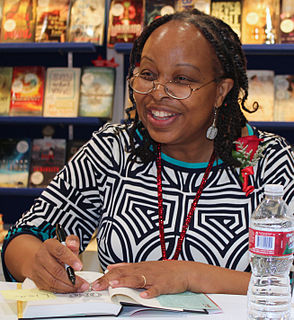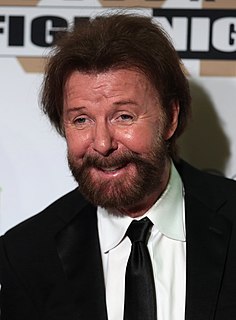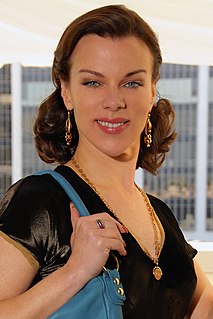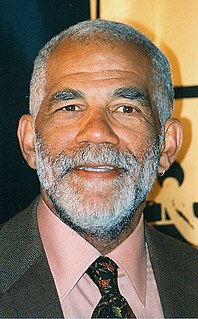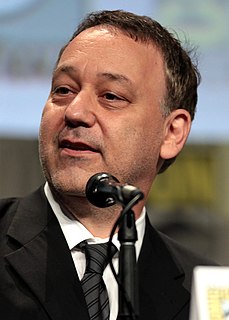A Quote by Rita Williams-Garcia
I'm very objective about what I want to have happen to my protagonists and where that has to come from. On one hand, it does help me that I had a mother who might have taken the last dollar and bought a pack of cigarettes or something, but I also had a mother who exposed me to art, music, other religions, different foods. My mother was very adventurous in her own way, so she fed the part of me that was going to grow up to be a writer. But there's always, too, the opposite response that helps me to create.
Quote Topics
About
Adventurous
Also
Always
Art
Bought
Cigarettes
Come
Create
Different
Does
Dollar
Exposed
Fed
Foods
Going
Grow
Grow Up
Had
Hand
Happen
Help
Help Me
Helps
Her
Last
Me
Might
Mother
Music
Objective
Opposite
Other
Own
Pack
Part
Protagonists
Religions
Response
She
Something
Taken
Too
Up
Very
Want
Way
Writer
Related Quotes
When I was a child and I was upset about something, my mother was not capable of containing that emotion, of letting me be upset but reassuring me, of just being with me in a calming way. She always got in a flap, so I not only had my own baby panics, fears and terrors to deal with, but I had to cope with hers, too. Eventually I taught myself to remain calm when I was panicked, in order not to upset her. In a way, she had managed to put me in charge of her. At 18 months old, I was doing the parenting.
The idea of the book ["The Japanese Lover"] came in a conversation that I had with a friend walking in the streets of New York. We were talking about our mothers, and I was telling her how old my mother was, and she was telling me about her mother. Her mother was Jewish, and she said that she was in a retirement home and that she had had a friend for 40 years that was a Japanese gardener. This person had been very important in my friend's upbringing.
A lot of people say that Eleanor Roosevelt wasn't a good mother. And there are two pieces to that story. One is, when they were very young, she was not a good mother. She was an unhappy mother. She was an unhappy wife. She had never known what it was to be a good mother. She didn't have a good mother of her own. And so there's a kind of parenting that doesn't happen.
"Baby, you know?" my mother once said to me. "I think you're the greatest woman I've ever met - and I'm not including my mother or Mrs. Eleanor Roosevelt in that." She said, "You are very intelligent and you're very kind, and those two qualities do not often go together." Then she went across the street and got in her car, and I went the other way down to the streetcar. I thought, "Suppose she's right. She's intelligent - and she's too mean to lie." You see, a parent has the chance - and maybe the responsibility - to liberate her child. And my mom had liberated me when I was 17.
That's what I do. I just let Mother Earth use me, in many, many instances, especially when I am working with pollution. She is a very real Spirit - she is your mother, and if you open to Her, she can come in and use you in a way that is very powerful. That is what Mother Teresa has done, by being selfless.
My mother smokes me out. We'll get these long periods of me thinking I'm too busy to call her up or e-mail her, and she'll send me something. My mom's a real whiner. I love her to death, but she always sends me these 'woe is me' things. I think she might be Jewish. I'm not sure. She's Baptist-Jewish, which is a double whammy.
I talked to my mother about it a lot. I asked her what it was like to grow up in New York and Harlem in the 1920s and 1930s, and I asked her about a woman leaving her husband. I asked her about how she would feel about that woman, and my mother grew up in the Church Of God In Christ, and she told me that the woman might be isolated because the other women thought she might go and come after their husbands. That's how they thought then.
My mother had been an incredibly bright kid but her family couldn't afford for her to stay in education. So she lived through me. She was a very remarkable woman and I owe a huge debt to her. She was unashamed about delighting in the fact that I was intelligent, and she drove and pushed me. She was also completely indifferent to popularity.
